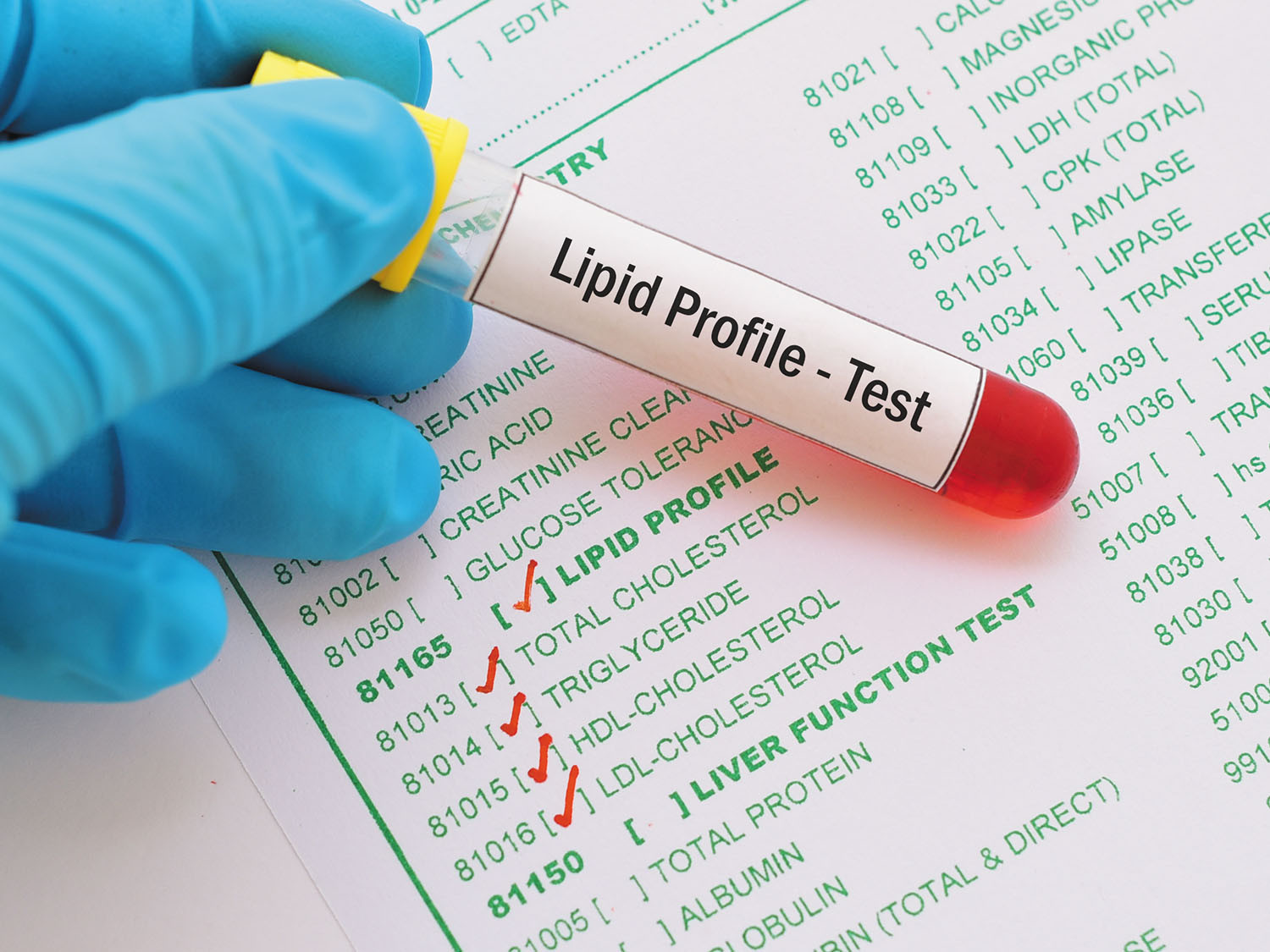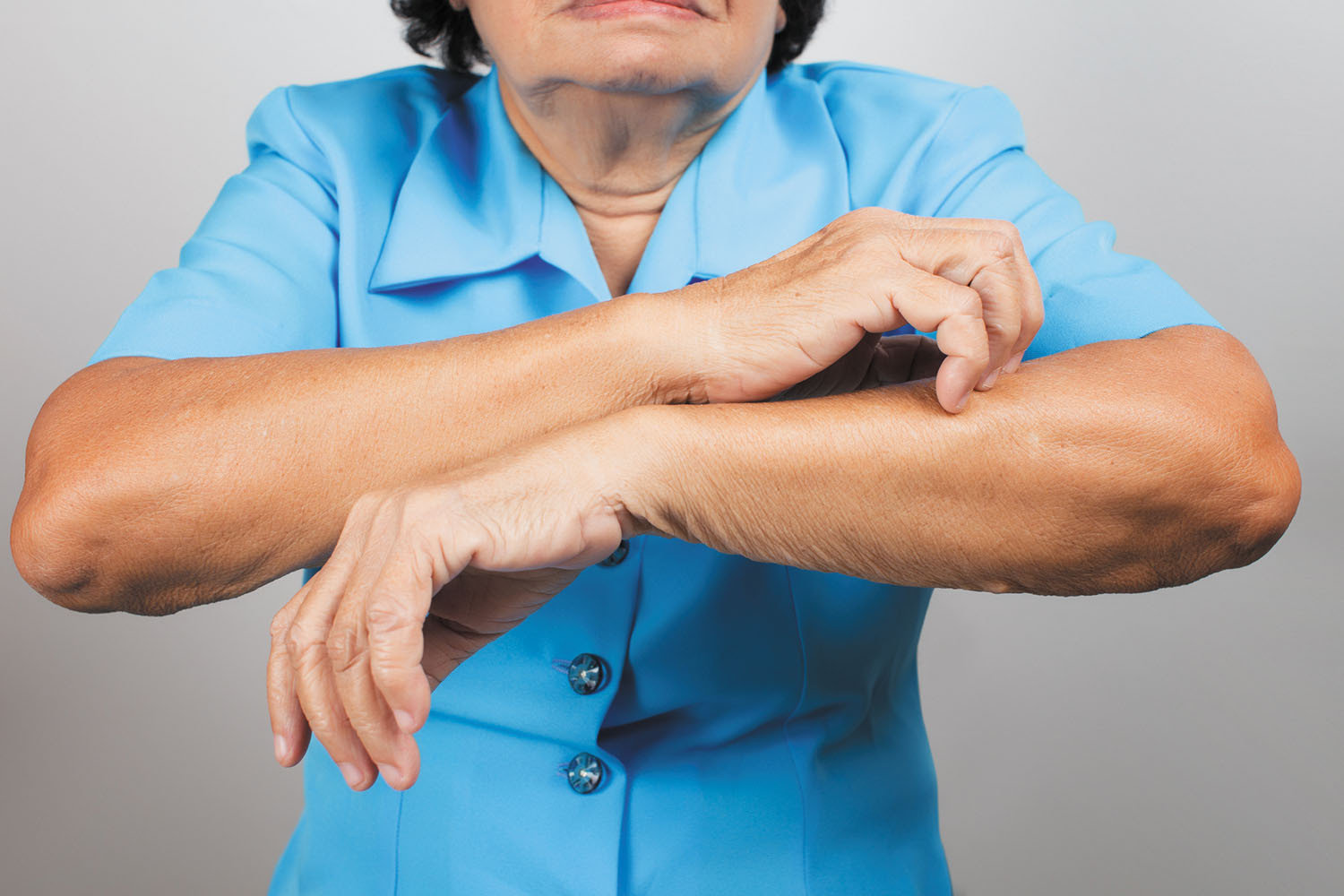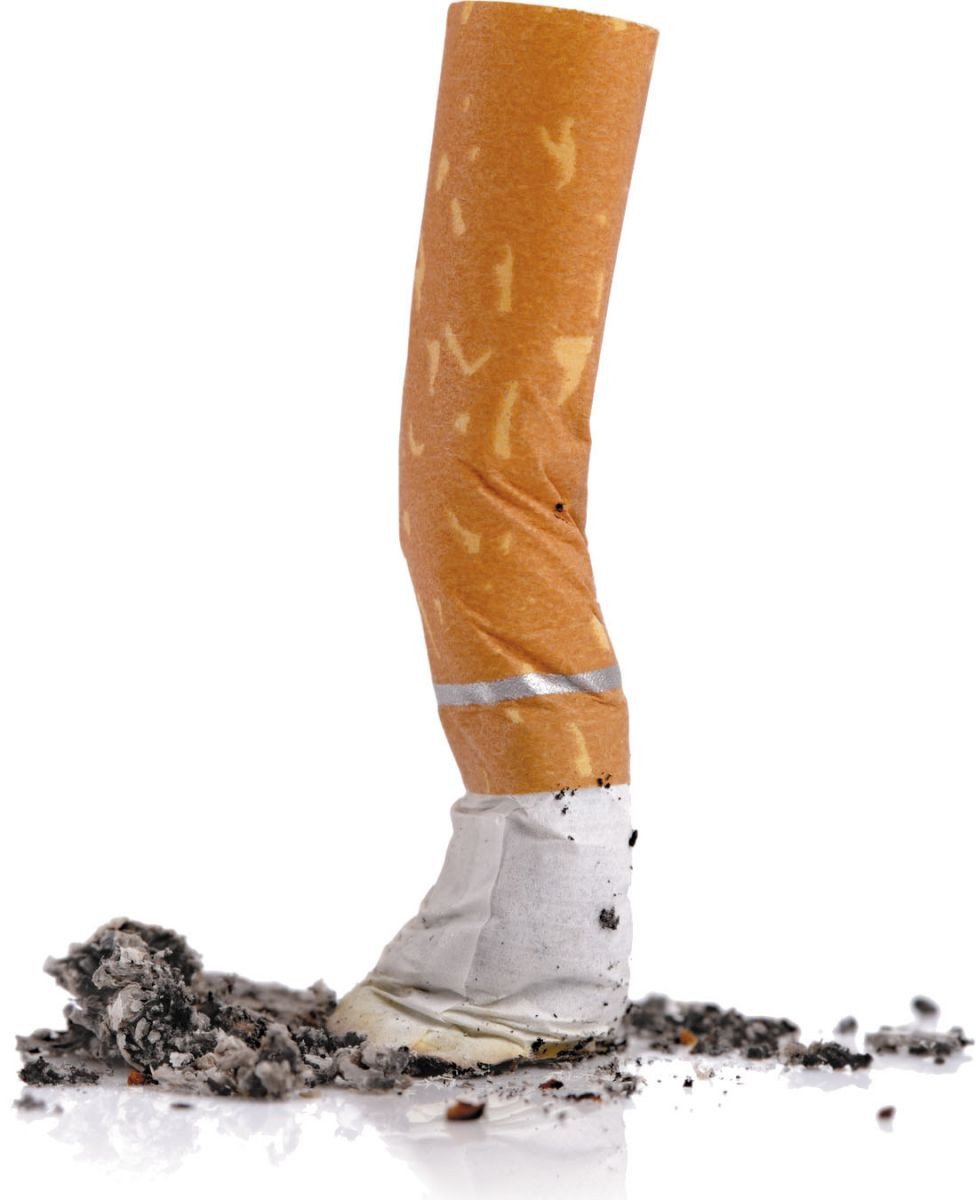
Respiratory health harms often follow flooding: Taking these steps can help

Tips to leverage neuroplasticity to maintain cognitive fitness as you age

Can white noise really help you sleep better?

Celiac disease: Exploring four myths

What is prostatitis and how is it treated?

What is Cushing syndrome?

Exercises to relieve joint pain

Think your child has ADHD? What your pediatrician can do

Foam roller: Could you benefit from this massage tool?

Stepping up activity if winter slowed you down
Heart Attack Archive
Articles
Spectator sports: How a high-stakes game may affect your heart
Research we're watching
Image: © FatCamera/Getty Images
Stressful events — even positive ones, such as watching an exciting sporting match — can affect your heart. During World Cup soccer and the National Football League's Super Bowl, rates of heart attacks and heart rhythm problems (arrhythmias) increase, both among sports fans and within the local population. A study published online August 20 by the American Journal of Cardiology takes a closer look at this risk.
Researchers examined data from 133 people with implanted cardiac devices in St. Louis, Mo., during two 10-day periods. The first was in early September of 2011 (the control period). The second was six weeks later during the World Series, when the St. Louis Cardinals played a series of dramatic games against the Texas Rangers.
Weight may determine how much aspirin is needed to prevent heart attacks
In the journals
Image: © sd619/Getty Images
Low-dose aspirin therapy has been shown to help prevent heart attacks, but a study in the Aug. 4, 2018 issue of The Lancet suggests men who weigh more than 154 pounds may need higher doses. Researchers analyzed 10 trials that evaluated daily aspirin therapy for cardiovascular disease prevention in 120,000 men and women. The study participants had no history of heart or vascular disease. The researchers found that low-dose daily aspirin — 75 to 100 mg — was associated with reduced risk for heart attack and stroke among both men and women who weighed less than 154 pounds.
However, there was no significant effect for heavier patients. (About 80% of the men in the study were among this group.) The reason? The researchers speculated that people with more weight also have higher amounts of esterase, an enzyme that reduces how much aspirin is available in the body.
Taking a multivitamin probably won’t help your heart
Vitamins don't seem to reduce cardiovascular risks, according to a new report.
Image: © Thunderstock/Getty Images
There may be reasons to take a multivitamin, but improving your cardiovascular health is not one of them, says a report in the July 10 issue of Circulation: Cardiovascular Quality and Outcomes. The authors found that for the average person, taking a multivitamin supplement didn't help prevent cardiovascular problems, such as heart attacks and strokes.
The findings were based on a review of general population studies conducted from 1970 to 2016, involving more than two million people. Researchers looked for associations between multivitamin supplementation and cardiovascular outcomes. But they weren't able to find any links.
An unusual type of heart attack
Ask the doctor
Image: © patrickheagney/Getty Images
Q. Is it possible to have a heart attack even if you don't have any blockages in your heart's arteries?
A. Yes, you can. Doctors refer to heart attacks without blocked arteries as MINOCA, which stands for myocardial infarction (that is, heart attack) with non-obstructive coronary arteries. When it occurs, people may experience typical heart attack symptoms, such as chest pressure or pain in the center of the chest (or the arms, jaw, neck, or stomach) and trouble breathing. They also have elevated blood levels of a protein called troponin, a marker of heart damage that is used to diagnose a heart attack. But the next test — a special x-ray of the heart's arteries called an angiogram — shows no evidence of a significant buildup of fatty plaque blocking any of the heart's arteries.
A possible culprit in early heart attacks
High blood levels of a fatty particle called lipoprotein(a) may explain some unexpected premature heart attacks.
Image: © jarun011/Getty Images
Have you ever heard of a middle-aged man who was in great shape, never smoked, had a normal cholesterol level, but still had a heart attack? Many people either know someone who fits that profile or have read about Bob Harper, the celebrity fitness trainer from the TV show The Biggest Loser, who had a heart attack last year at age 52.
For Harper, the culprit apparently was an abnormally high level of lipoprotein(a). Also known as Lp(a), it's a variant of the familiar "bad" LDL cholesterol (see "Cholesterol 101: Lipoprotein basics"). Lp(a) particles are LDL with an extra protein attached.
Eczema may signal higher risk of cardiovascular problems
Research we're watching
Image: © Tharakorn/Getty Images
About one in 10 people has eczema, a chronic inflammatory condition that leaves skin dry and itchy. People with more severe forms may experience a scaly rash or skin that cracks and oozes. These people may also be at greater risk for heart attack and stroke, according to a study in the May 23 issue of The BMJ.
For the study, researchers analyzed data from more than 385,000 adults with eczema, which was classified as mild, moderate, or severe. Each was matched with up to five people of similar age and sex who didn't have eczema.
Blockage or no blockage, take heart attacks seriously
Women are at higher risk for heart attacks that don't involve blocked arteries — and they should receive the same follow-up treatment as conventional heart attack patients.
Image: © Tharakorn/Getty Images
For years, people who suffered heart attacks but didn't have major blockages in their arteries — a condition called myocardial infarction with nonobstructive coronary arteries (MINOCA) — were thought to have a less serious form of heart disease. As a result, doctors often opted against aggressive follow-up treatments. But a study published June 15 in the International Journal of Cardiology contributes to the growing body of evidence that MINOCAs merit follow-up treatment.
The study, which looked at data from an online Swedish cardiac registry, found that a quarter of people who were diagnosed with MINOCAs went on to have another major cardiovascular event, such as another heart attack, a stroke, or heart failure. Of the original group of 9,092 people who were diagnosed with MINOCAs (62% of them women), some 2,147 went on to have another cardiovascular event during a follow-up period averaging about 4.5 years.
Even one cigarette a day is too many
Research we're watching
It seems the old adage "everything in moderation" might have an exception — smoking. A study in the January 24 issue of The BMJ found that smoking even one cigarette a day carries significant health consequences, namely a higher risk of heart attack and stroke.
Using data from 141 different studies, involving millions of participants, researchers compared people who smoked either one, five, or 20 cigarettes each day. They found, counter to what many people assume, that rates of heart disease and stroke were not reduced as much as expected in casual smokers compared with pack-a-day smokers.
Clinicians sometimes misread heart attack symptoms in women
Research we're watching
Doctors may be more likely to dismiss heart attack symptoms as not heart-related in women younger than age 55, according to a study published online Feb. 20, 2018, by Circulation. This may be the case because women often report other symptoms in addition to chest pain, said the study's authors.
The researchers interviewed more than 2,000 women and 976 men ages 18 to 55 who were hospitalized for a heart attack — what doctors call acute myocardial infarction (AMI) — at 100 hospitals that are participating in a study. They found that both men and women reported chest pain and pressure, but women were more likely to have other symptoms as well, such as pain in the jaw, neck, and arms; indigestion; or shortness of breath. In addition, women were more likely than men to tell their doctors that they thought the symptoms might be stress-related.
Heart attacks: Clarifying the causes and consequences
Not all heart attacks result from a blocked artery — and even small ones can have serious outcomes.
Image: © patrickheagney/Getty Images
Perhaps you've heard heart attacks described in various ways, from "mild" to "massive," or even the ominous-sounding "widow maker." But these terms may sow confusion and anxiety.
The good news: Most people who have a heart attack survive. The bad news? "Any heart attack can be fatal, no matter how big, how small, or where it occurs in the heart," says Dr. James Januzzi, a cardiologist at Harvard-affiliated -Massachusetts -General Hospital. There's a lot of mis-understanding among the general public about what a heart attack actually is, he adds.

Respiratory health harms often follow flooding: Taking these steps can help

Tips to leverage neuroplasticity to maintain cognitive fitness as you age

Can white noise really help you sleep better?

Celiac disease: Exploring four myths

What is prostatitis and how is it treated?

What is Cushing syndrome?

Exercises to relieve joint pain

Think your child has ADHD? What your pediatrician can do

Foam roller: Could you benefit from this massage tool?

Stepping up activity if winter slowed you down
Free Healthbeat Signup
Get the latest in health news delivered to your inbox!
Sign Up











